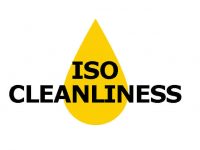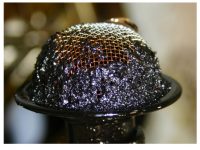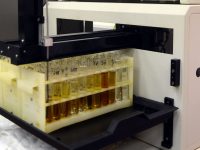Understanding ISO CodesThough particle counting is reported as an actual count of the number of particles (of a given size, per ml of fluid), most specifications and limits simply refer to ISO codes. The ISO codes, according to the ISO 4406:1999 standard, relate to only three different ranges of particles, ≥4 µm/≥6 µm/≥14 µm.It should…
Read more






